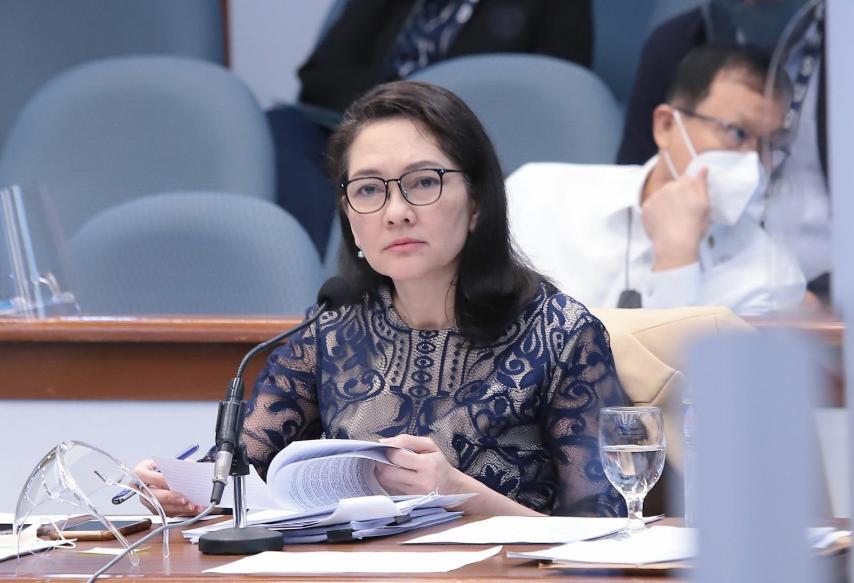Hontiveros: NSC has no roadmap yet in fighting cybersecurity threats ahead of DITO rollout

The National Security Council (NSC) is yet to submit a plan to combat cybersecurity threats in the country with around a month left before the expected rollout of DITO Telecom, which is 40% owned by a Chinese company, Senator Risa Hontiveros said.
“The National Security Council admitted that it had not yet—as of our last hearing on DITO telco's franchise—established a cyberdefense doctrine to guide our intelligence community in combating cybersecurity threats,” Hontiveros said.
“With China having a 40% stake in DITO, our unpreparedness for potential cyberthreats does not inspire confidence in the telco's rollout this March, especially since it continues to harass our fisher folk and refuses to have its vessels boarded within our territorial waters in the West Philippine Sea,” Hontiveros added.
Hontiveros did not cite a specific instance but a week ago, GMA News reported on the plight of fisherfolk Larry Hugo who filmed Chinese vessels blocking Filipino fishing boats from reaching the Scarborough Shoal.
The area is a rich fishing ground located within the Philippines’ 200 nautical miles from territorial sea exclusive economic zone and considered a common fishing ground by the July 2016 ruling of the United Nations Permanent Court of Arbitration.
Chinese Ambassador to the Philippines Huang Xilian denied Hugo’s claims, saying there was no such a thing.
Hugo, however, stood by his story and even said that the Philippine military has been preventing him from talking to journalists about Chinese harassment—a claim denied by the military.
The telecommunications company earlier signed a deal with the Armed Forces of the Philippines to install cell towers in military camps, "opening our defense establishment to the risk of hostile intelligence gathering operations."
"I do hope that before DITO rolls out, we in the Senate can scrutinize the potential national risks further," Hontiveros said.
Sought for comment, DITO Telecommunity Corp. chief administrative officer Adel Tamano said the memorandum of agreement signed by DITO and the AFP “contained the very same provisions signed by the other two telcos.”
“Unlike the agreements with these other telcos, ours contained additional provisions pertaining to the commitments of DITO to national security. DITO Telecommunity guaranteed that its devices, equipment, and structures shall not be used to obtain classified information from the Armed Forces,” Tamano said.
DITO is expected to roll out this March. Its technical audit—a process which will determine its committed level of service—started last January 7.
DITO chose R.G. Manabat & Co., an affiliate of KPMG, an international audit firm, to test its connectivity and internet speeds in various areas to ensure that DITO complies with its requirement to cover 37% of the population and provide a minimum average internet speed of 27 megabits per second (Mbps).
“May we further state that, as part of the New Major Player selection process, we submitted our cybersecurity plan during the bidding process to prove that the DITO network and facilities will not compromise national security and shall abide with the National Cybersecurity Plan. This plan has been accepted by no less than the Department of Information and Communication Technology (DICT) and the National Security Advisor,” Tamano said.
“Moreover, as the final item on the list of requirements for compliance with the National Cybersecurity Plan, DITO established its Network and Security Operations Center. We respectfully extend our invitation to Senator Hontiveros and members of the Senate committee to schedule a visit to our Network and Security Operations Center for a live demonstration of our capabilities,” he added.—AOL, GMA News



